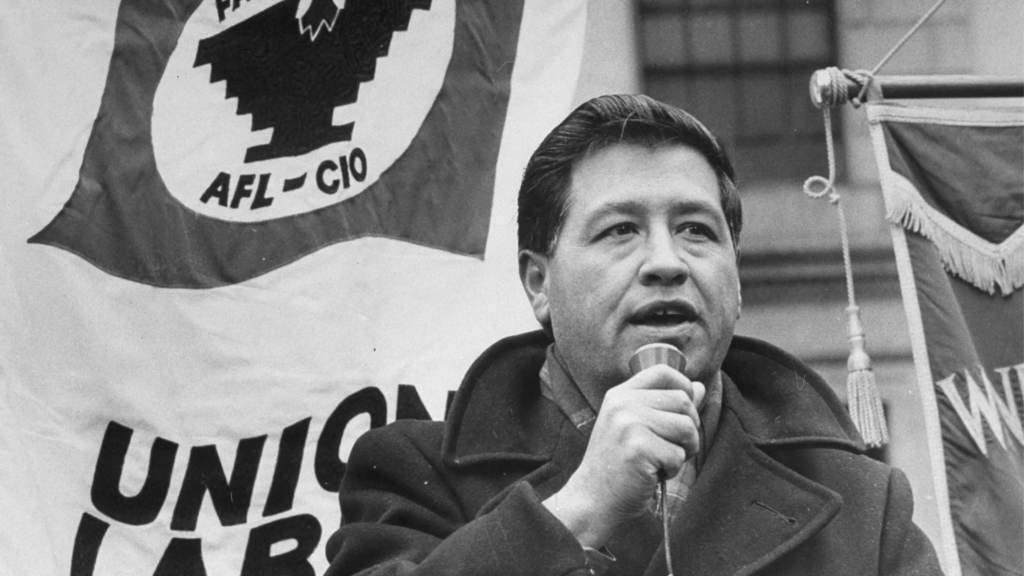Latino males, whose diverse cultures and backgrounds are enshrined in a good deal of tradition, represent a people who have given much to society, in all the different ways. Artistic, musical, political, business; the Latino male experience-from culture to tradition, from modernity to community-is in an assemblage of all the above.
This is the knowledge require to get all the perspectives, values, challenges, aspirations, as well as complex race and geography identities of the Latino men.
Cultural diversity
The term “Latino” actually encompasses many nationalities-Mexican, Central American, South American, and Caribbean. Such a rich cultural tapestry reflects all the historical influences, such as indigenous and African roots as well as European colonialism, resulting in an array of differences that can’t be summarized by broad terms. Latino men therefore represent diverse customs, languages, and traditions depending on their country.
For instance, Mexican culture is a lot on family and tradition with deep roots into the past. Cuban men would be proud citizens, very often, that pride in their revolutionary history combines well with an appreciation for music and art. Puerto Rican and Dominican men combine Caribbean warmth with influences of African and indigenous ancestry.
Although the men come from different backgrounds, these share common values: commitment to the family, respect for elders, and a strong sense of personal responsibility.
The role of the family
The heart of Latino identity is family, and for Latino men, it may symbolize the ground to stand on. The term “familismo” underscores loyalty, solidarity,
and mutual support within the family unit; these aspects become inculcations for the Latino man’s perception of his responsibilities and relationships.
Latino males were typically raise to dutifully respectful toward their mothers, grandmothers, and sisters. This created a sense of responsibility and safety toward women. Many Latino cultures still employ a patriarchal family system, where men are suppose to be providers and protectors for their families. It has create a stereotype of the “macho” Latino man, an image to flaunt strength, pride, and resilience. Yet,
this stereotype might very much simplify the reality of Latino men, who are generally very important and multifaceted.
While many Latino men may assume more of the traditional roles within the family, there exists an increasingly progressive view that balances cultural values with modern ideas regarding equality between genders, co-parenting, and openness on emotional matters. This, to some extent,
reflects broad societal evolution coupled with exposure to multiculturalism, as seen in countries such as the United States.
Machismo and Masculinity
The idea of “machismo” has a long history with Latino men. For most, it has define as an extreme form of masculinity: the muscle, power, control, and dominance associated with these men. This has spurred some negative stereotypes for those around these individuals,
but one needs to realize that machismo has been very positive in many Latino cultures, representing honor, responsibility, and good work ethics at their best.
But emerging concepts of what a male should be are dethroning such fossilized codes, as some Latinos redefine traditional ways of masculinity, altering their roles in stoicism and repression of emotions. This is highly glaring in the minds of the youths, which also entails awareness of mental health, emotional vulnerability, and gender equality.
With the new consciousness among Latino men for balancing traditional ideas of power and responsibility with modern values such as emotional intelligence and empathy,
it has developed a more flexible and inclusive concept of masculinity, making their expressions unbound and free from the chains of prohibitions that were originally termed as taboo in the past.

Challenges for Latino Males
With Latino males contributing positively and in the process of building their identity, Latino men, especially in a society where they are the minority face a myriad of challenges.
This can be even more rampant in countries like the United States. Latino males face challenges related to racial discrimination, economic inequality, and the lack of education and healthcare opportunities.
Other Latino men are employ in low-wage jobs, among whom the largest numbers are in agriculture, construction, and hospitality work, which involve very physically demanding labor and offer relatively little opportunity for advancement. The effects of this kind of economic downturn can perpetuate a cycle of poverty and would even harder to break if it were ground among immigrants and those without legal status.
These, however, don’t stand alone as Latino men are often identifi with racial profiling and stereotyping, hence subject to unfair treatment by the law and the courtroom. According to research, Latino men face more issues in mass incarceration and police brutality-themes that have birthed social movements, enforcing demands for justice and equality.
In addition to barriers of systemic nature, very much evident in the lives of Latino men are mental health problems. Cultural stigmas about mental health often prevent Latino men from seeking help when they need it. This is made worse the demand to not “soft.” All those emotional struggles, anxiety,
depression get left unaddress because of this.
However, more initiatives are still being taken within the Latino community to meet the challenges.
Organizations work on education, health care, and legal advocacy support while mental health campaigns remind Latino men that there is no shame in asking for help to break this silence about emotional wellness. Break the cycle.
Contributions and role models
However, Latino men have indeed produced truly great contributions in so many fronts. In the sporting arena, icons like baseball player Roberto Clemente and boxer Oscar de la Hoya have put international figures about the strength and passion of Latino men. Music is also take over Daddy Yankee, Jay Balon, and Bad Bunny,
who have taken reggaeton and Latin trap to worldwide phenomena, proving the abilities and impact that Latin culture has delivere.
Politics have also seen Latino men including former US Secretary of Housing and Urban Development Julián Castro and Senator Marco Rubio pave the road to incrementally more Latino representation in US governments.
Their voices grow louder and bring attention to issues concerning the Latino community regarding immigration reform and economic equality.
In addition to public figures, there are tens of thousands more ordinary Latino men throughout the country who are active in their families and communities as fathers, brothers, guides, and leaders.
Whether they are immigrants themselves or have lived within the cultural fabric for generations, their strength, sweat, and energy are probably among the leading predictors of success within families and communities.
Read More: Free Bumble trial: How to unlock the maximum profit from Bumble for free
The Future of Latino Men
Change in society causes a change in the definition of what it means to be a Latino man. Younger generations are demanding more opportunities and more visibility and challenging the unacceptance of the older generations that reinforce the conservative gender roles and asking for equal opportunities in all societal areas of life. Latino men are appearing increasingly in all walks of professional life, such as business, academia, and entertainment, breaking all the barriers and myths Latino males.
Additionally, via social media and digital network platforms, Latino men share their stories, experiences, and perspectives on a universal scale. Therefore, reclaiming their narratives in these mediums to portray the richness and variety of their identities as well as a society that is more just and equal.
But Latino men – dynamic, vast, and complex – have their stories and their identities shaped by the complicated interplay of culture, tradition, and modernity.
And despite numerous challenges, society reaps immense benefits from them. With all these vibrant prospects, Latino men can embark on the promise of the future and create a path that follows their heritage.




